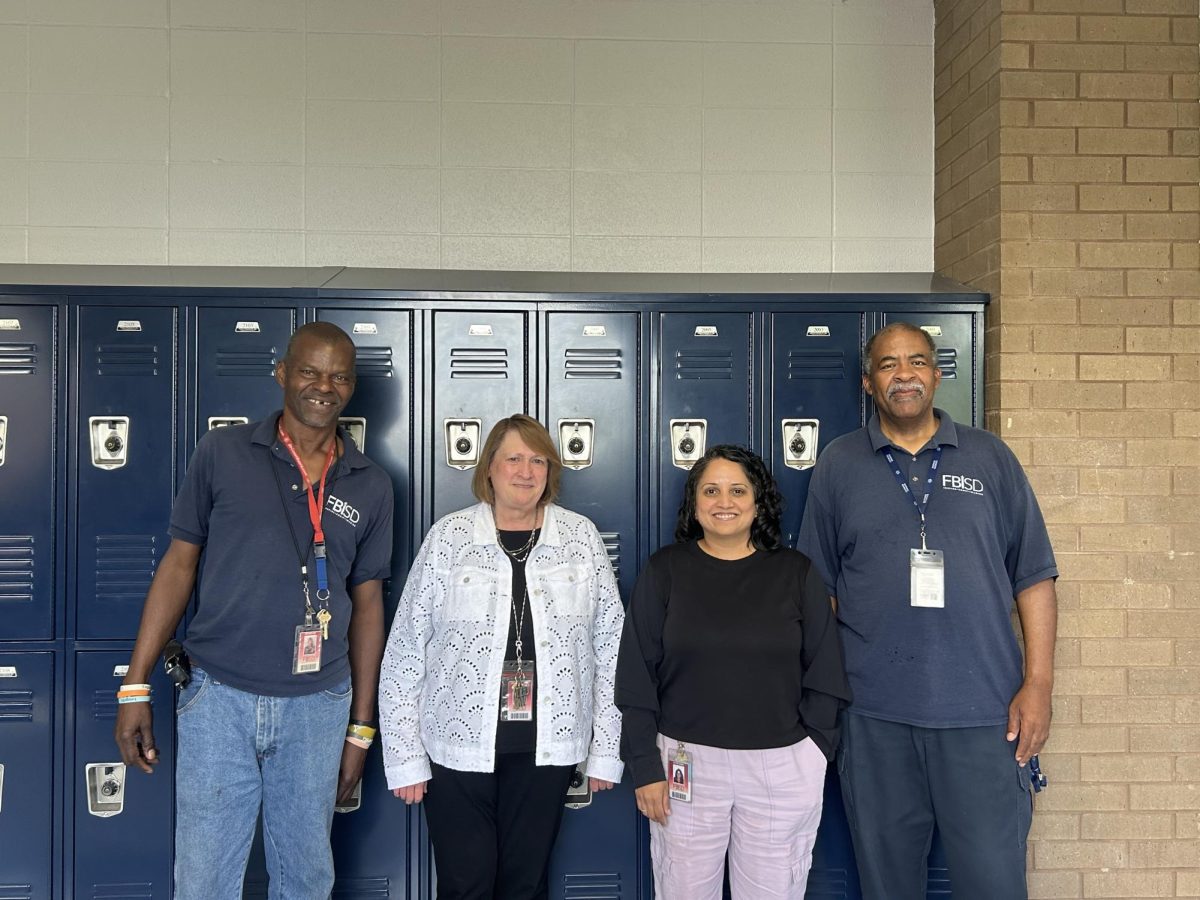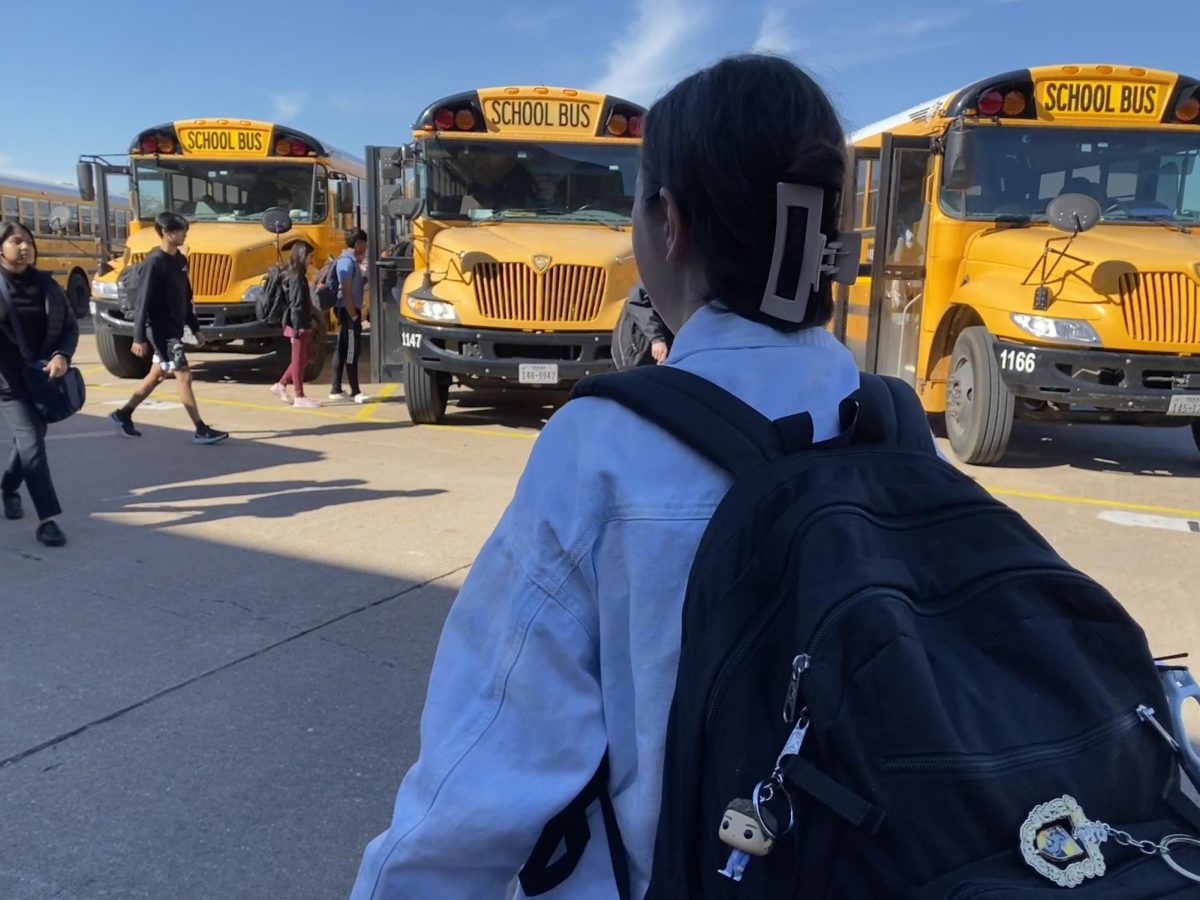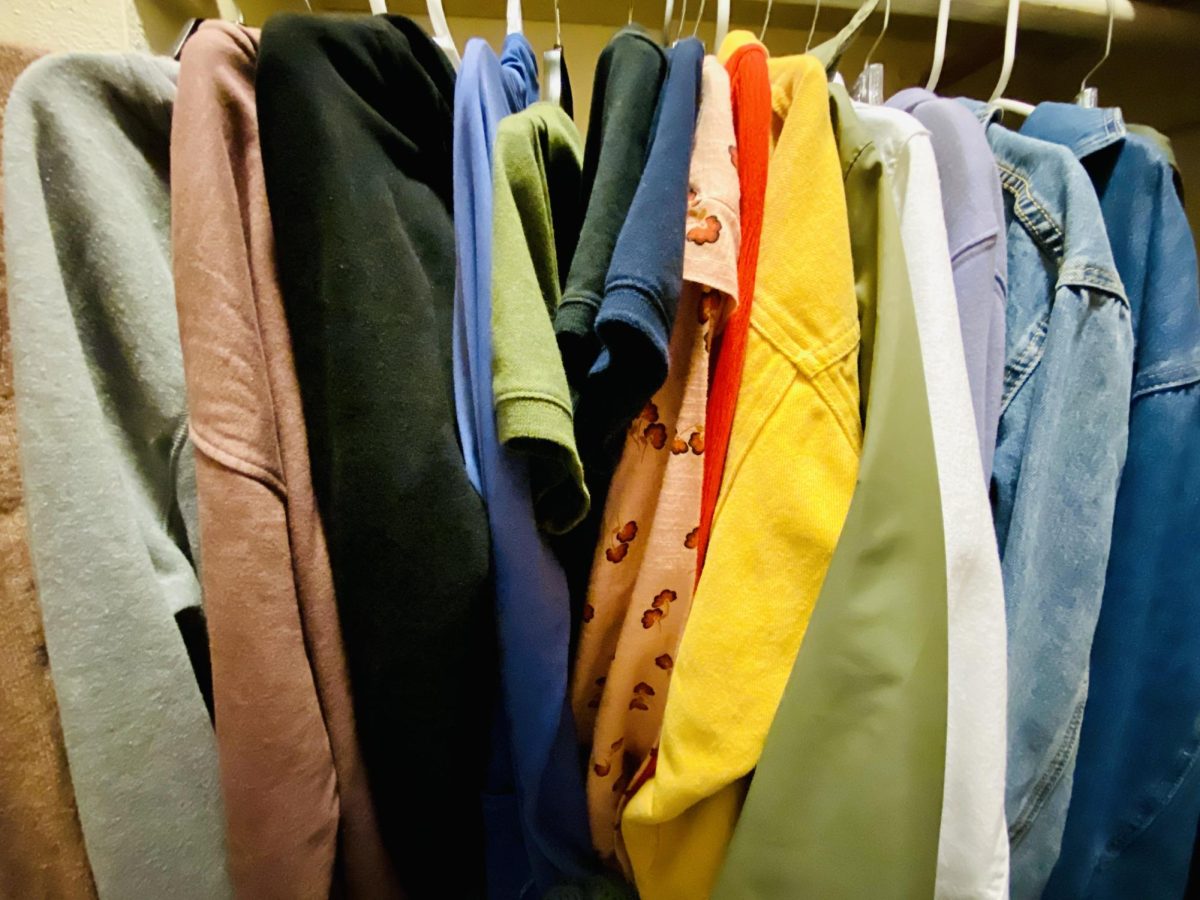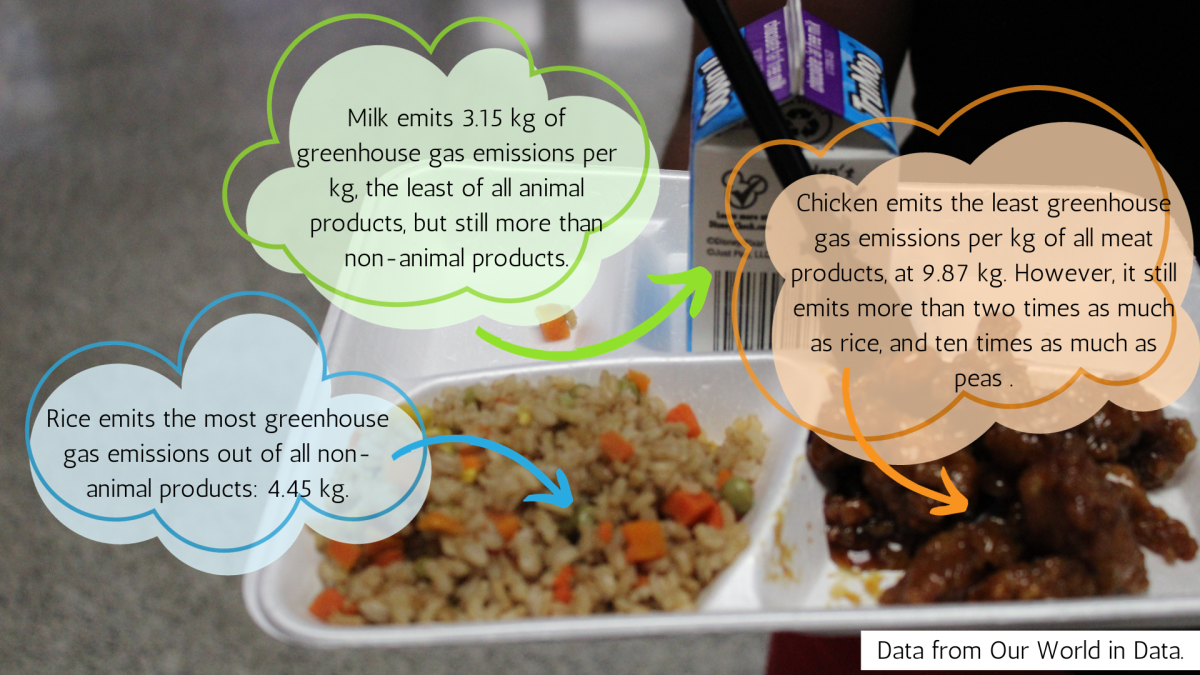Oh, those universally adored biscuit sticks! Oh, the strawberry-green-tea-banana-cookies-and-cream flavored chocolate! Oh, the delight of becoming everyone’s best friend in an instant during elementary school snack time!
Only through one snack is this possible: Pocky! Yet, our area of focus is not the well-loved Asian grocery store staple itself, but rather its packaging.
Pocky comes with two packages: a cardboard box and a plastic package. The former is a star candidate for recycling; the latter, a regrettable example of a larger challenge to the most basic of all climate solutions – the three R’s.
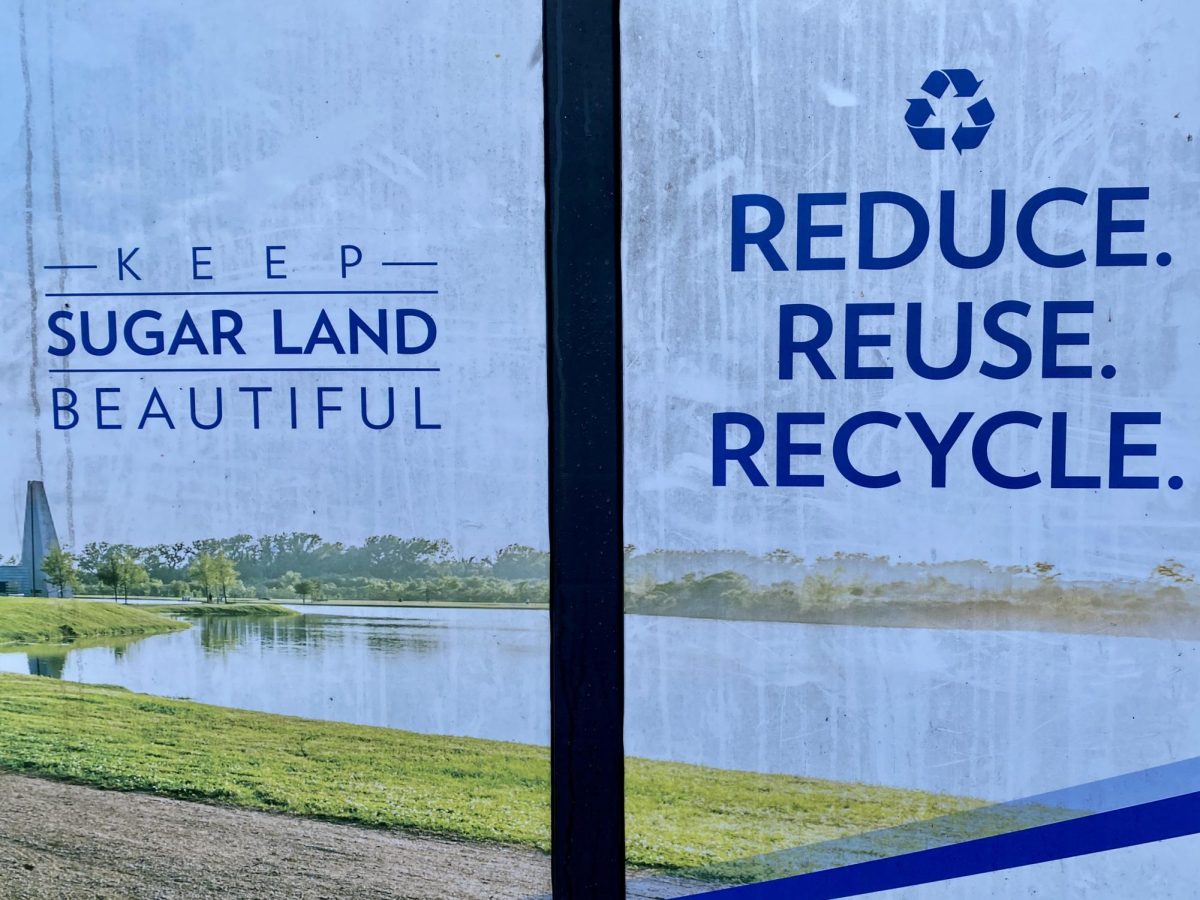
Impact
“Reduce, reuse, and recycle” is a well-known environmental mantra. Despite the notoriety of the three R’s, however, waste only accounts for 3.2 percent of global annual greenhouse gas emissions. By comparison, agriculture, forestry, and land use comprise 18.4 percent, something that individuals can address through their dietary choices. Yet, even without being a shining hero of the climate movement, the three R’s can still serve as a beacon of action: portents of future change.
Recycling allows disposed items to be manufactured into a variety of usable products. For instance, paper and plastic can be recycled into boxes, bottles, and bags, that can be purchased and reused. Doing so reduces the need to extract natural resources to create new products, which requires energy and creates greenhouse gas emissions. For instance, making aluminum cans out of recycled aluminum saves twenty times the emissions and 95 percent of the energy as compared to creating the can from raw materials.
However seemingly insignificant at the individual level, recycling can make a cumulative impact at the systemic level. According to EPA data, in 2018, the recycling and composting of trash saved over 193 million metric tons of carbon dioxide equivalent. Project Drawdown estimates that between 2020 and 2050, if recycling systems were improved worldwide and the majority of consumed materials were recycled, the world could save around 11 gigatons of carbon dioxide – approximately thirty times the annual carbon dioxide emissions of the United Kingdom.
However, though recycling tends to steal the spotlight, reducing and reusing are the true cornerstones of the three R’s. While recycling provides a climate-friendly way to dispose of waste, reducing and reusing prevents the generation of waste in the first place, without the need for additional processing and manufacturing.
Individual feasibility
The three R’s are suspiciously easy to do, at least to climate skeptics – a ball of paper in a blue bin up against melting glaciers? Almost. No climate solution can exist in isolation but put together, they are far from insignificant.
According to an EPA analysis, 95% of the climate benefits of recycling stem from recycling paper, cardboard, and metal. However, glass bottles and jars as well as plastic bottles and caps can be recycled. Specifically, Sugar Land accepts #1-5 and #7 plastics, excluding styrofoam and plastic bags.
Importantly, putting items in the recycling bin that can’t be recycled, like food or broken glass, can damage equipment in recycling centers. Clothing, electronics, and plastic bags are also not suitable for recycling through curbside recycling services, but can be recycled – or donated in some cases – at various locations that can be found through Earth 911’s search function.
Though the specifics of recycling can be confusing, the EPA offers a guide and Earth911 has a comprehensive list that includes tools to find recycling locations. From there, recycling can be as simple as a split-second decision both in public spaces and at home.
Reducing and reusing are similarly simple steps, but enforce a powerful message; they defy the narrative that helping the environment means individual sacrifice. Reducing unnecessary purchasing and reusing still functional items saves both time and money while helping the environment.
Systemic Challenges
The three R’s exemplify perfectly the importance of systemic action – and how systemic challenges can have disproportionate impacts on individual climate action.
For instance, an exception to the short time required to recycle is a lack of recycling services. While household curbside recycling services are convenient, some apartment complexes don’t offer any recycling services, making the commitment an individual has to make to recycle grow exponentially, depending on whether they have the time to drive to a local recycling center (find them here). This can sometimes even make it impossible to recycle for students without a driver’s license or the time to spend driving to a local recycling center.
Further, two major threats exist to widespread reducing and reusing. The first is a topic that Forward Together has covered before: fast fashion. When it’s “cool” to update your entire wardrobe every month, or when it’s impossible to keep a piece for more than a year because of low-quality industry practices, reducing and reusing becomes exponentially more difficult in a way that individuals cannot control or accommodate.
The second threat brings us back to Pocky. Its wrapper is deceptively cute – not only do plastics require extensive energy to produce and contribute to marine litter, but most single-use plastics happen to be made from climate-change-causing fossil fuels. Unfortunately, single-use plastic is ubiquitous, too. It cannot be recycled, reused, or even avoided by climate-conscious Pocky fans, which leaves it up to governments and companies to change practices at the systemic level.
The three R’s are no less important for their simplicity – they neatly illustrate the relationship between action and impact, while exemplifying the dichotomy between individual feasibility and systemic challenges. Though just choosing which bin to toss that paper ball in can seem so tiny against the scale of the climate crisis, if we neglect even these small steps, how can we say we are ready to take bigger ones?

